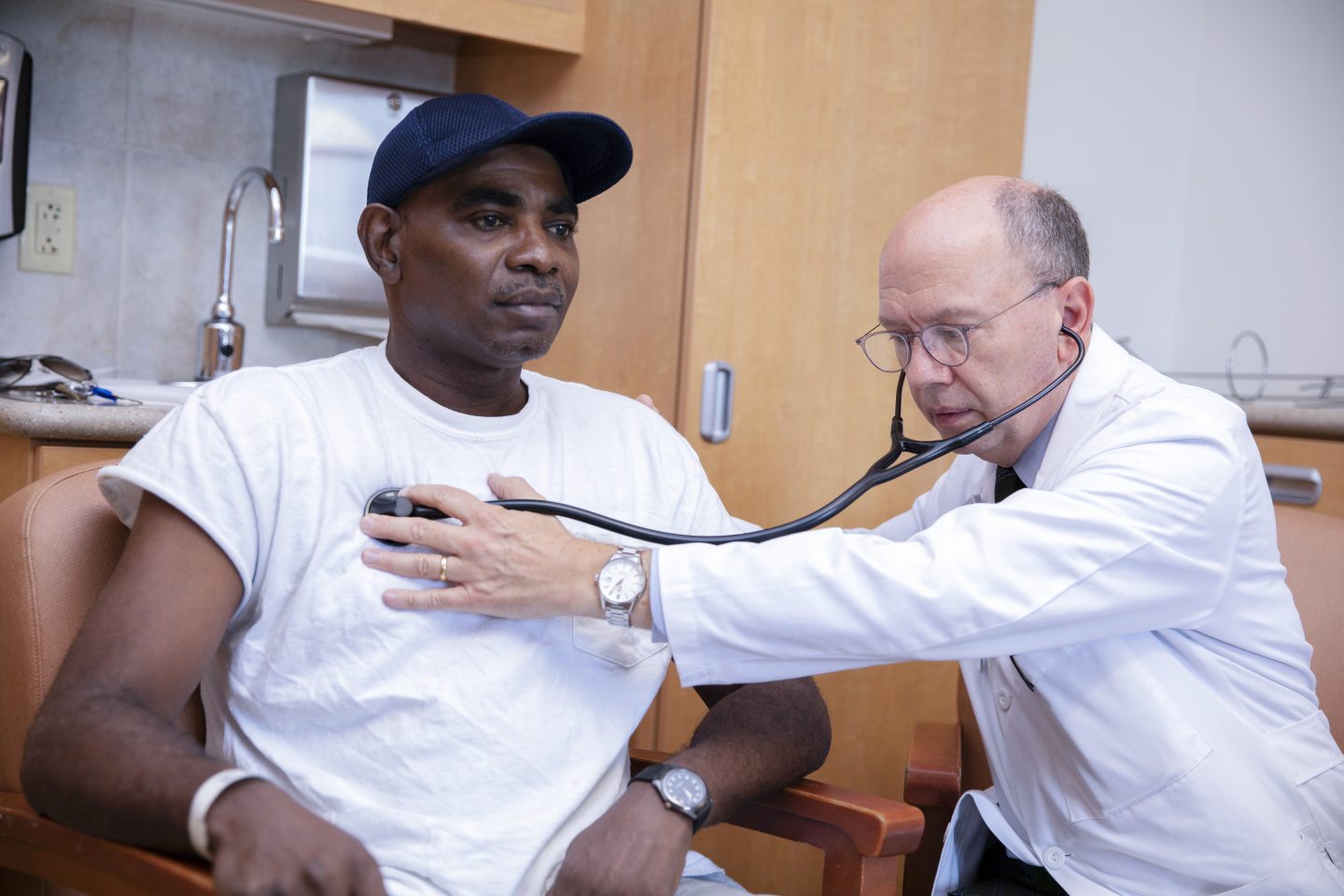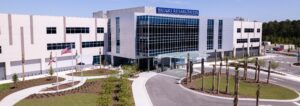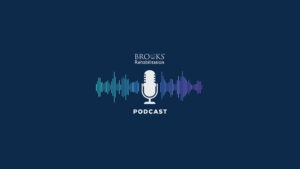Q & A with Our Medical Director, Dr. Trevor Paris

Back to physical health resource hub
Trevor Paris, MD
We sat down with a few questions for Trevor Paris, MD, who serves as medical director for Brooks Rehabilitation Hospital, vice president of Brooks Rehabilitation Medical Group and medical director of University Crossing, one of Brooks’ skilled nursing facilities. Dr. Paris is board certified by the American Board of Physical Medicine & Rehabilitation and the American Board of Independent Medical Examiners. He is a graduate of the Medical University of South Carolina and completed both an internship in internal medicine and a residency in physical medicine and rehabilitation at Loma Linda University Medical Center.
When, and why, did you join Brooks?
I joined Brooks in 2006. Previously, I spent more than 15 years as the medical director of rehabilitation services at Tennessee Christian Medical Center in Nashville, Tenn. For a number of reasons, a move closer to the east coast was necessary and Brooks offered me the opportunity to concentrate on stroke rehabilitation, in which I had a keen interest. With Brooks’ excellent reputation and comprehensive approach to rehabilitation, I decided to join the organization as medical director for their stroke program.
How is Brooks different today than in 2006?
We’ve been able to expand our services in all areas of stroke, traumatic brain injury (TBI) and spinal cord injury (SCI) – far beyond my original expectations. We now are able to provide a full continuum of care and support to a patient at each stage of his or her recovery. As an example, patients may enter our system through the inpatient stroke program at Brooks Rehabilitation Hospital, which is accredited by the Commission for the Accreditation of Rehabilitation Facilities (CARF) recognizing it as a specialty program. After traditional outpatient and home health therapies have been completed, a patient may participate in our community-based programs or ultimately continue their recovery with our partnership with the North Florida YMCAs. In our stroke wellness programs, survivors can work on long-term lifestyle management with trained specialists.
What do you see going forward for physical medicine and rehabilitation?
We’re seeing that neurologists, neuroradiologists and neurosurgeons are doing amazing things in the initial treatment of stroke patients, such as tPA. (Tissue plasminogen activator – tPA – is given intravenously within three hours of a stroke to dissolve the clot and improve blood flow to the affected part of the brain) and other endovascular techniques to reduce the extent of the acute stroke. Their work is helping to minimize the residual disability of stroke victims thus the patients have greater rehabilitation potential and improved overall outcomes. We see similar advancements in the management of TBI and SCI.
The delivery system for rehabilitation itself will undergo changes. There is increasing insurance pressure to shorten the length of stays under current methods. We’ll see more emphasis on outpatient care, including group sessions, as well as home-health and telehealth models. Patients will need to take charge of, and be more involved in, their own care. Examples of this at Brooks are our Neuro Recovery Centers (NRCs). Focusing on motor recovery, the NRCs have state-of-the-art equipment and technology staffed with expert clinicians, yet they have community and social elements that make them feel like the local gym. Our clinicians help members develop individualized programs based on their personal goals for recovery, as well as for general health and well-being. The NRCs can supplement current therapy sessions or serve as a continuation of therapy for long-term health benefits.
What would you say to a physician considering a career at Brooks?
I would say, “Come to Brooks.” Our system of comprehensive rehabilitative care provides the physician with an amazing array of services to offer their patients. Brooks is always looking for innovative ways to improve care delivery and serve our community. We have highly specialized personnel, cutting-edge technologies and robust research programs, which make for a dynamic work experience.

